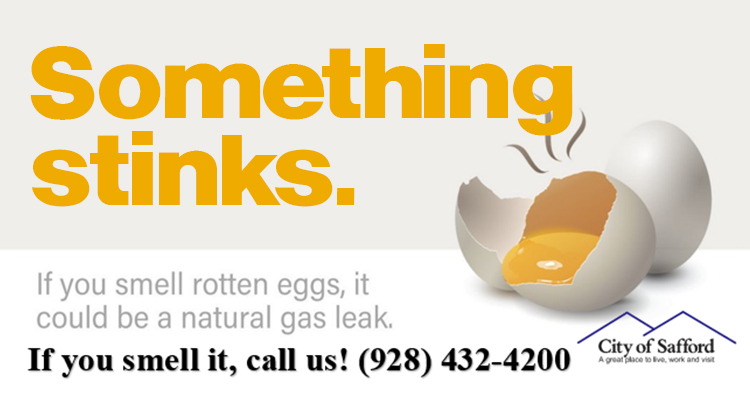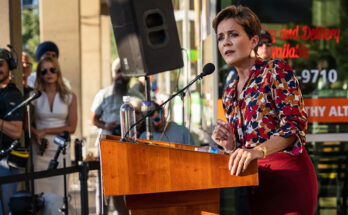Contributed Photo
By Marco Peralta/Cronkite News
PHOENIX – Just as athletes and fans have had to navigate a new sporting normal, so have announcers and play-by-play personnel. And when a live microphone exists, so, too, does a window for exposure of unprofessional and unethical behavior.
The advent of COVID-19 increased the popularity of live-streaming sporting events, especially at the high school level. The talent that broadcasts the competition varies in experience level, often with little oversight.
That reality came clear in March when a play-by-play announcer who was calling a girls’ high school basketball game in Norman, Oklahoma, was caught saying racially offensive comments about athletes who were kneeling during the national anthem to protest racial injustice.
“They’re kneeling? (Expletive) them,” Matt Rowan said. “I hope Norman gets their ass kicked … (Expletive) (slur).”
Rowan, the announcer, is a former youth pastor and owner and operator of the streaming service OSPN. He was hired by the governing body over high school athletics in Oklahoma, the Oklahoma Secondary School Activities Association, to broadcast the game on the popular NFHS Network.
He later blamed his tirade partially on his diabetes, saying it caused a sugar spike. He was subsequently fired.
The clip was recorded and published on social media, sparking immediate backlash nationally, including in Arizona, where high school sports teams increasingly use contract workers to call games as they are being streamed live during the pandemic.
“I condemn all hate speech. Period,” said Mickey Dale, a California-based broadcaster who has called high school games for decades in the Southwest. “Any time you’re around a microphone you keep it professional at all times. You never know when a mic would be open. What he said was horrible and has no place in society.”
The NFHS Network, the nation’s largest high school streaming platform, has seen a 44.6% increase in its streamed events during the 2020-21 school year, Forbes reported, and a 134.2% increase in the total views.
Seth Polansky, Sports Information Coordinator for the Arizona Interscholastic Association, said comments like Rowan’s do a disservice to high school athletes.
“Why would you want to broadcast a game when there can be some underlying biases like this?” Polansky said. “If you know this happens to you, (sugar spiking causing inappropriate comments) then why put yourself in a position where this could happen? I have diabetics in my family and none of them have said racial slurs when having a spike.”
Ron Rubio, a sports broadcaster who calls high school games in California and Arizona for Valley Sports Network, took the incident personally because of Rowan’s excuse about being diabetic.
“Two words come to mind when I heard his excuse: cowardly and delusional,” Rubio said. “One should know better than to say stuff like that. And the reason he (Rowan) said something like this is because he actually has these feelings towards certain races and that’s absolutely wrong. He should not be behind the mic for a long time.”
Rubio said his mother is also a diabetic and has never said any racial slur when her sugar has spiked.
“My mother acts more like a 16-year-old teenager than a racist like he (Rowan) was acting like,” Rubio said.
Besides broadcasting, Rubio is also a high school football coach and had thoughts on how he would have handled the situation if the announcer said this to one of his players.
“Coaches forgive but they never forget,” Rubio said. “If that announcer said anything against my players, I wouldn’t want him to be involved at all with my players because those players are like my kids, I see them as my family and when you say stuff like that against my family, I don’t want you around them ever again.”
After the incident, the Norman community released a video titled “#ThisIsWhyWeKneel.” In it, teachers, school staff, and community members tell the girls who were affected that they are proud of them and stand with them after Rowan’s offensive comments.
“I will state that I suffer Type 1 Diabetes and during the game, my sugar was spiking,” he said in a statement. “While not excusing my remarks, it is not unusual when my sugar spikes that I become disoriented and often say things that are not appropriate as well as hurtful.”
On a broader scale, these types of comments have occurred at not just the high school level but the national level as well.
In 2020, a hot mic incident occurred during a game between the Cincinnati Reds and Kansas City Royals when Reds announcer Thom Brennaman was overheard using a homophobic slur.
Fox Sports Ohio executives were made aware of the comment and asked for Brennaman to be removed from the broadcast. In the top of the 5th inning, Brennaman left the broadcast but he offered an apology before handing over the play-by-play duties to Jim Day.
“I made a comment earlier tonight that I guess went out over the air that I am deeply ashamed of,” Brennaman said. “I want to apologize for the people who sign my paycheck – for the Reds, for Fox Sports Ohio, for the people I work with, for anybody that I’ve offended here tonight. I can’t begin to tell you how deeply sorry I am. That is not who I am. It never has been. And I’d like to think maybe I could have some people … that could back that up. I am very, very sorry, and I beg for your forgiveness.”
Brennaman resigned from Fox Sports Ohio and was without a job behind the microphone for some time, but he is now broadcasting baseball once again in Puerto Rico for the Roberto Clemente League.










